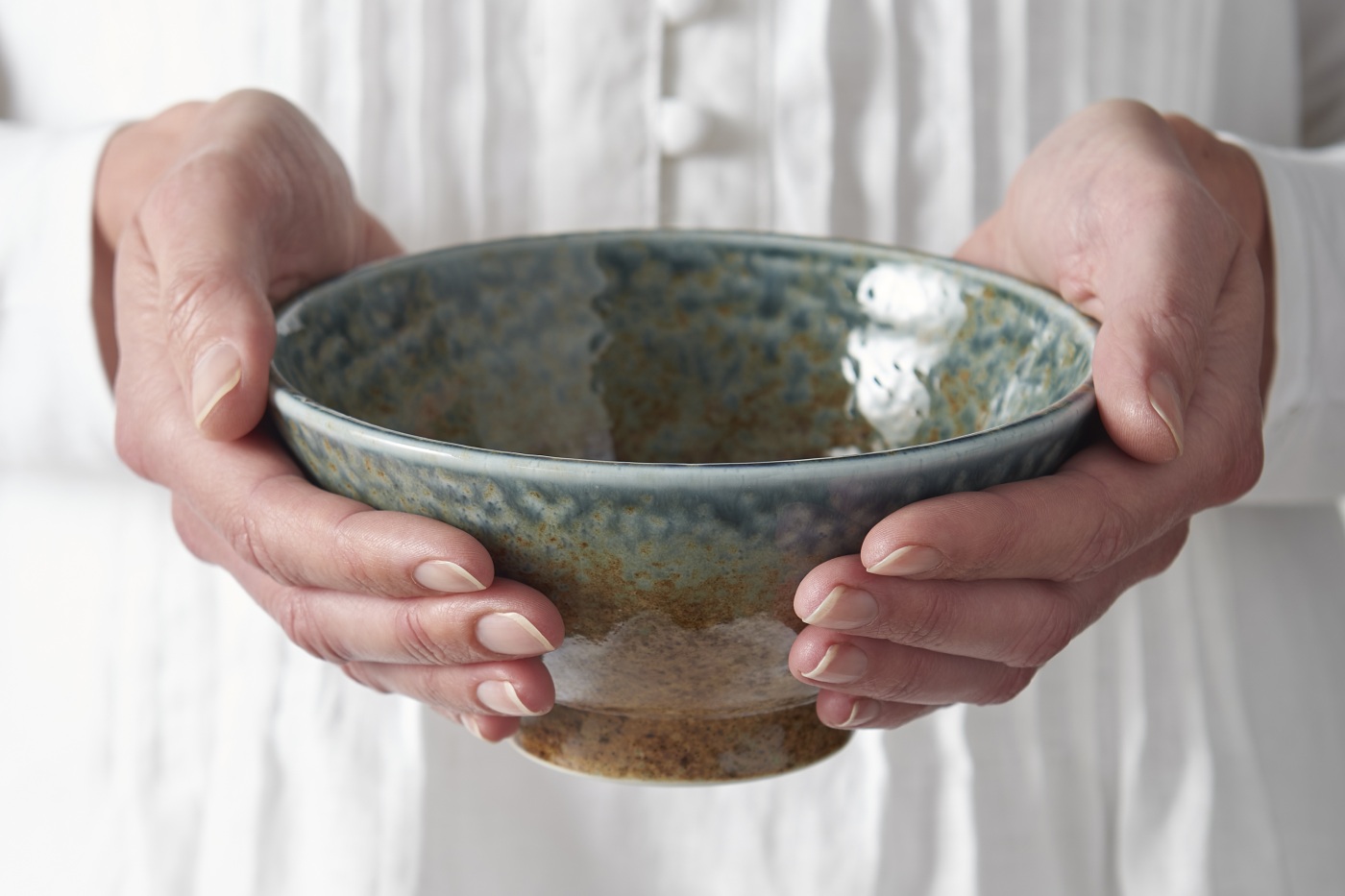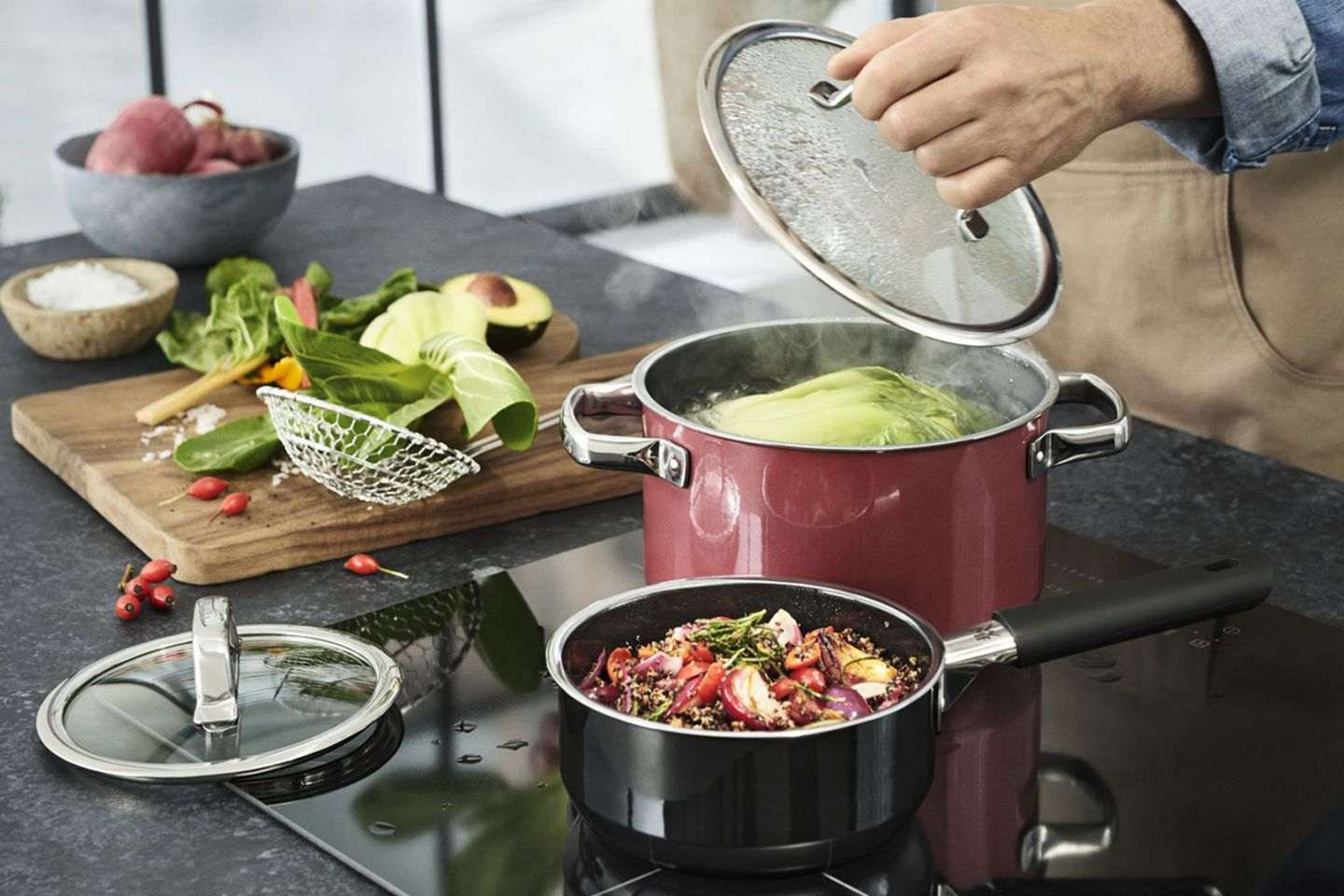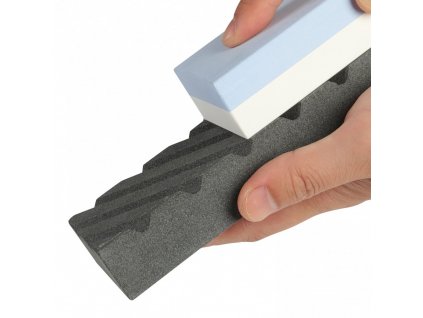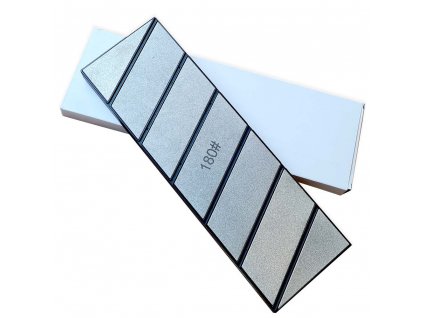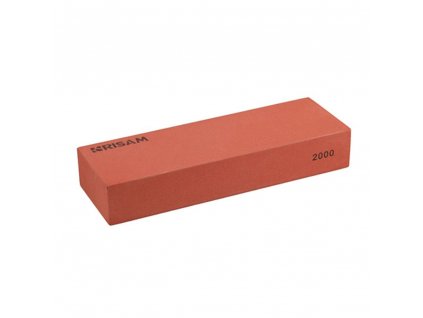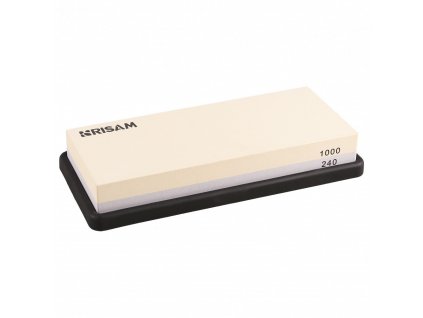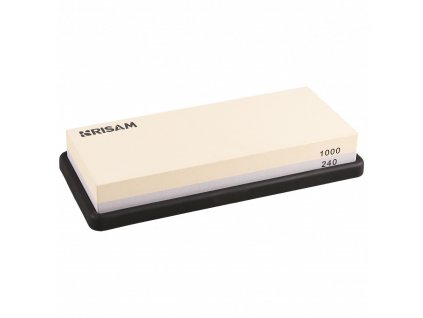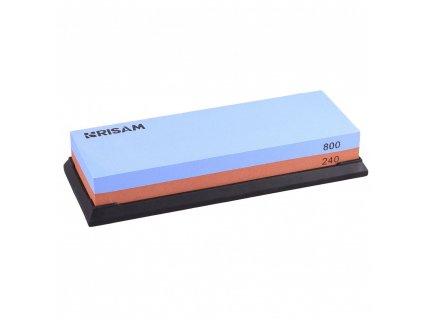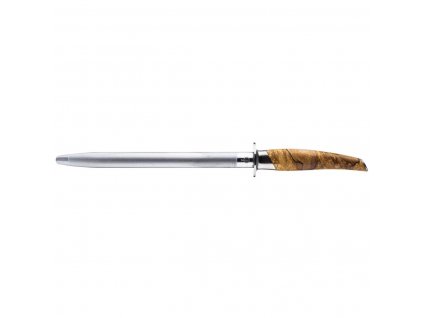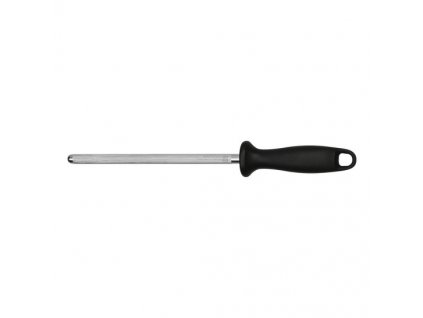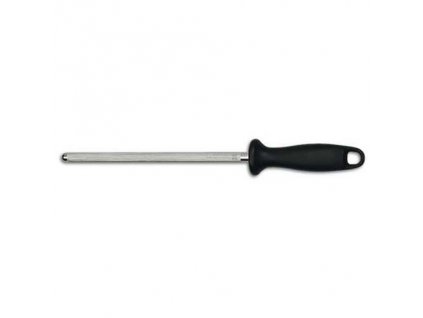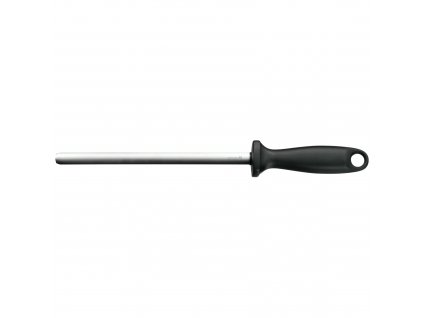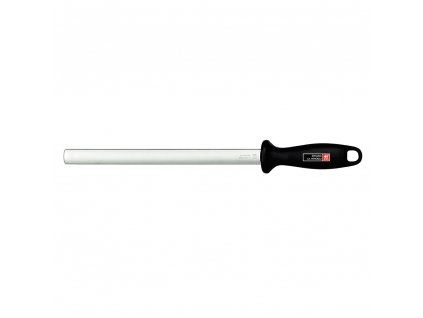Knife sharpeners – a must have in every kitchen
Do I need a knife sharpener?
Knife sharpeners are an absolute must if you invest in quality kitchen knives and if you expect their superior performance. Even the best knife won’t be effective if you do not sharpen it regularly and regular sharpening of your knives is one of the basic rules of their maintenance. You can obviously bring your knives to a specialist but if you cook a lot and if you use your Chef's knife, Santoku knife or bread knife on an everyday basis you should sharpen your knives even every two weeks which makes a purchase of your own knife sharpener a reasonable choice.
What are the different types of knife sharpeners?
There are different kinds of knife sharpeners and you can find them in Kulina (please check our best-selling knife sharpeners here before you make up your mind). The choice depends on the type of knife you have, the knife’s bevel (the shape of the blade edge) and the way you want to approach the process of sharpening (manual or electric). The main types of knife sharpeners are:
- whetstones (many professionals believe sharpening stones are the best way of sharpening your knives because you can sharpen your knives at any angle),
- electric sharpeners,
- handheld sharpeners,
- sharpening/honing steels used for honing a knife blade, minor sharpening. They are made of steel, of ceramic or have a diamond coating.
- serrated knife sharpeners dedicated for knives with serrated blades
How do you sharpen a knife with a whetstone?
Many people believe that sharpening your knives with whetstone results in a sharper knife edge than other methods. If you decide to buy a sharpening stone it’s crucial to read the instructions provided by the manufacturer first but the general process is as follows:
- submerge and soak your whetstone in water
- tilt the knife at the correct angle on the coarse side
- run the knife up and down the stone in smooth motion making sure you cover the whole blade and its both sides (if the knife is double-beveled)
- flip the stone to the other side and repeat the process
- wash and dry your knife when you are done
How do you sharpen a knife with a honing rod?
If you want to use a steel rod please follow the following rules but always check the manufacturer’s instructions first:
- hold the knife’s handle in your dominant hand and the rod in the other, both pointing upright
- position the blade’s heel against the steel around 2cm from the top of the steel, creating a V-shape (approximately at the angle of 15 – 20 degrees)
- draw the knife down the steel towards the blade’s tip 5 to 10 times (ensure only the edge touches the steel – not the side and move the knife, not the steel)
- touch the rod with medium pressure and try to maintain the right angle
- repeat the same with the other side of the blade (if the knife is double-beveled)
.png)
